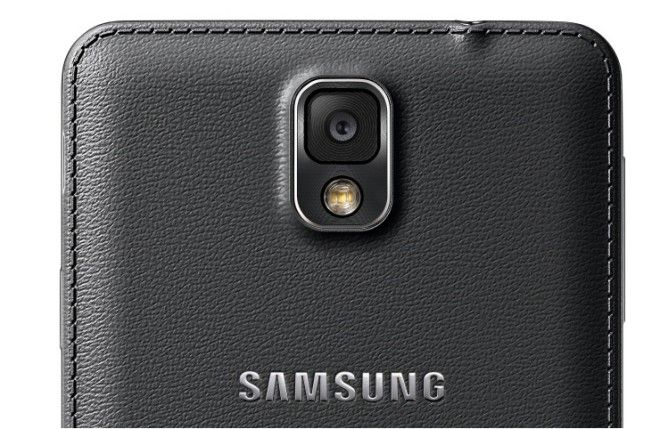Uncarrier 5 should be unlocked phones free of carrier bloatware [opinion]
Ever since the Uncarrier movement, the company’s made it clear that it’s trying to get rid of customer “pain points”. In other words, areas of the U.S. smartphone market that are restrictive and end up creating a poor customer experience, or frustrating people. For CEO, Legere, it’s always been about changing a broken industry. The old model of subsidizing smartphone cost is dying off, and customers can upgrade whenever they like. On T-Mobile, there are plenty of handsets available without paying anything up front on EIP, and you can use your allowance of minutes, texts and data in 100 countries worldwide.
It’s a great start, but I don’t think it should end there.
If T-Mobile really is about changing the industry for the better and being all about the consumer as it professes to be, its next phase in the Uncarrier movement should be to announce that all phones from that point on will be carrier unlocked, unbranded and free of carrier bloatware. Those are the last traits left of the days where the carrier is in charge.
Before Uncarrier existed, and T-Mobile had separated the cost of the phone from the cost of the airtime plan, there was a risk to selling unlocked phones. It’s why no carriers did it. With each smartphone costing between $400-$700 to the carrier, and only charging $200 up front, if a customer decided not to pay their bill, the carrier stands to lose a lot of money, and the customer could stick any SIM card he/or she liked in to the phone.
Granted, it’s not a huge risk but it is one, nonetheless. And the idea of a customer not using its service is a killer, since that’s the one thing it’s really offering. You can get phones on any carrier, so the only differentiating factor is the carrier’s service.
But there’s an advantage to having unlocked phones, and it’s not just about having the freedom to travel and swap SIM cards. After all, unless you absolutely must have 3G/4G speeds when you’re abroad, the ability to use your Simple Choice allowance internationally is great. It’s about more than that.
Although most customers might not care if the phone’s unlocked, it’s about the message it gives. It says to the subscriber that they’re free to use the device how they want. If they want to switch in a different carrier’s SIM card when they’re abroad, or in an area of poor T-Mobile signal, fine, let them do it. At the end of it all, they’re still signed up to a plan and they’ll keep paying what they said they would. They’re still a T-Mobile customer.
For the most part, carrier bloatware is there for a reason. A lot of the time it’s just a collection of apps that help customers make the most of its services. Apps to help you monitor your usage, or Wi-Fi calling as an example. But, there’s nothing to stop carriers from just having them as native apps, installable from Google Play Store.
When Apple launched the iPhone, it changed something. In any negotiations, it refused to give any control of what software was on the device to any carrier. That’s still the case now, and we’re all better off for it. We get software updates as soon as they’re available, and – apart from default apps – we can install and delete any apps we like. What’s more, there’s no carrier logo anywhere to be seen.
It should be this way with any device. When it comes to major software updates, it shouldn’t be the case that phones are hindered from getting them because the carrier hasn’t “tested” it yet. In fact, T-Mobile phones seem relatively slow at getting Android updates, and that’s something I know irritates a lot of you who read this blog.
Now, there are obstacles here, particularly in the US market. For years, hardware makers had to create different versions of handsets to suit each network. This was down to the fact that each carrier uses a different network technology and/or bandwidth. They didn’t have the technology back then to have one device compatible with everything. Now – for the most part – they do.
But it’s not just software updates that arrive faster. Because unlocked and un-bloated phones are ready straight out of the factory, T-Mobile could – potentially – get phones ready to ship before the other carriers, since there’s less “testing” to do before launch. All T-Mobile would have to do is test the phones run correctly on its networks, and get them off to stores. It would cut out time, and an awful lot of work.
What do you guys think? Do you want to see phones come unlocked and bloatware free in the future? Or is this one step too far for the “Uncarrier”?

